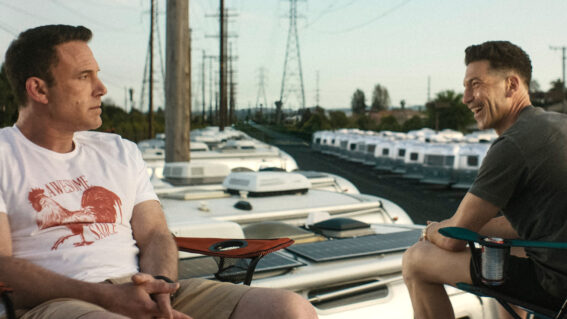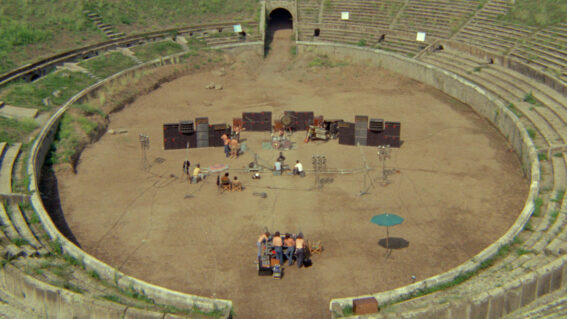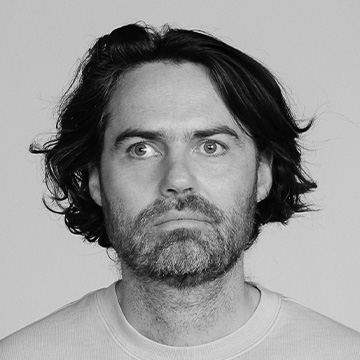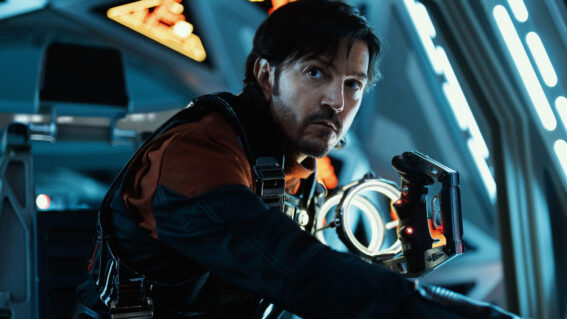Project Fiftyone brings big humanitarian energy to NZ
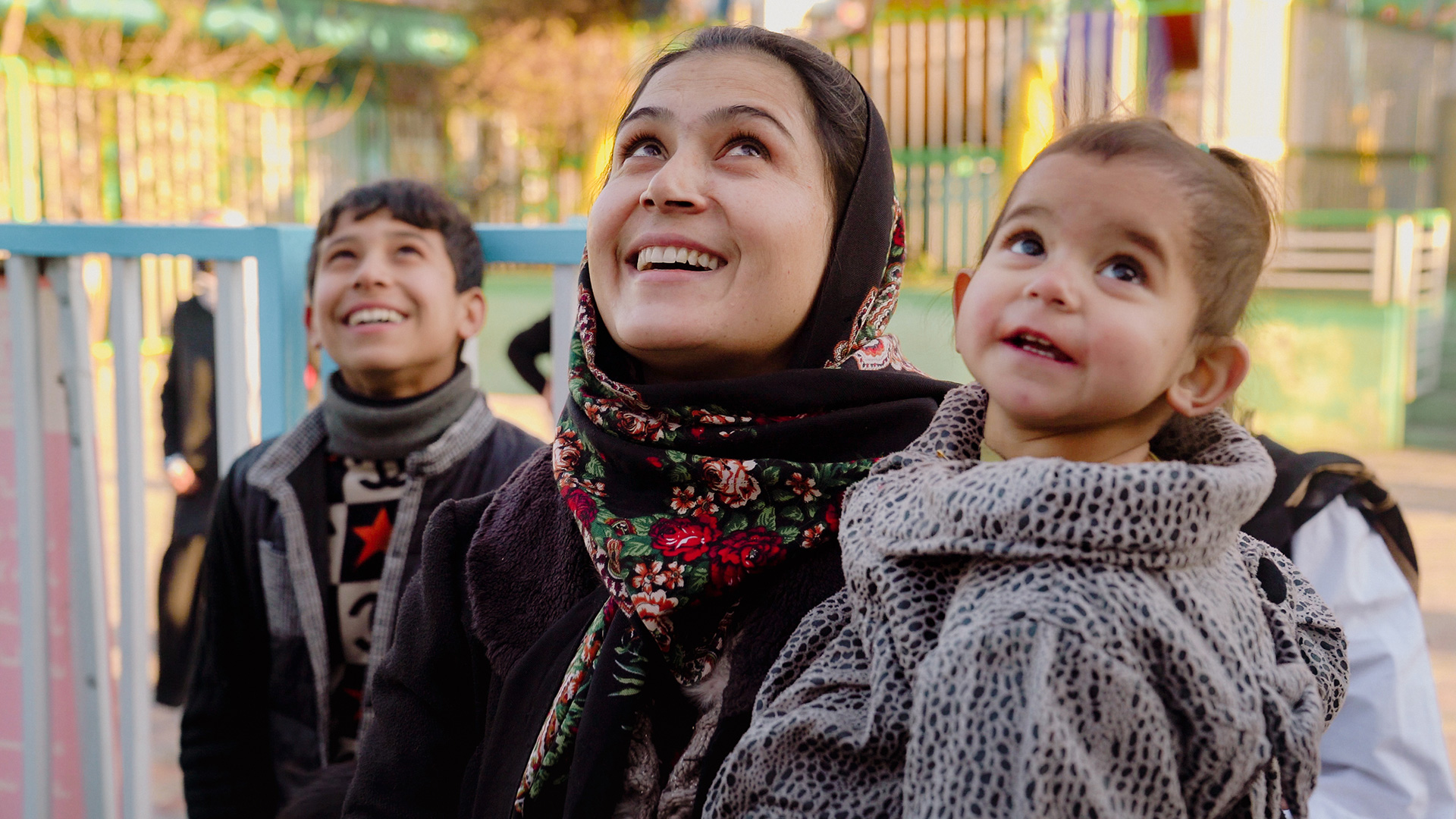
Both a film and a humanitarian effort, Project Fiftyone follows Bariz Shah and Saba Afrasyabi as they seek to empower people in need by funding 51 micro-businesses in Kabul. Liam Maguren hears from the pair about their journey.
In remembrance of the 51 people martyred in Christchurch’s two mosques on March 15, 2019, Bariz Shah and Saba Afrasyabi raised money and travelled to Afghanistan to empower people in Kabul’s most poverty-stricken areas. Maximising the use of their funds, the couple concocted an efficient strategy—put the money into 51 micro-business projects.
Project Fiftyone tells the stories of the people and the businesses being uplifted by this ambitious humanitarian effort, as well as the pair who made it happen. Responding to an act of terror with an idea fuelled with hope, Bariz and Saba (who also get co-directing credit alongside the film’s director Gaylene Barnes) seek those in need and get an understanding in how boosting their micro-business could greatly benefit their livelihood – as well as their family’s.
It’s heart-inflating stuff, but there’s also a deeply pragmatic side to the film. Its ability to show the working and reasoning behind the project is not only informative, it also feels like the best kind of transparency. While some organisations keep their use of donations under wraps, Bariz and Saba detail their methods with openness, authenticity, and an unquestionable desire to do good.
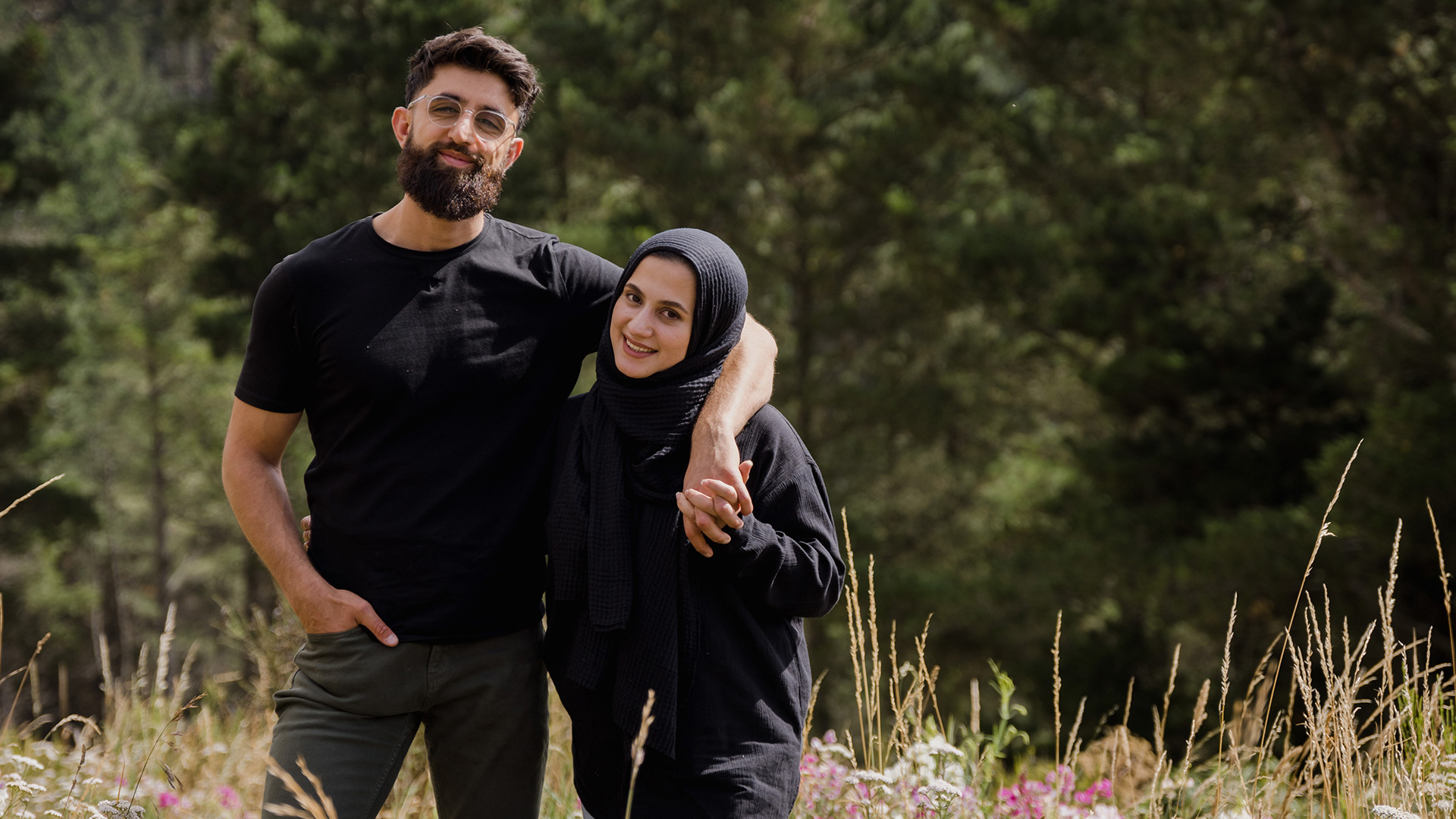
Bariz Shah and Saba Afrasyabi
Filming this humanitarian project was always part of the plan, the pair tell me over video chat. “It’s not just work that will be done in Afghanistan,” Saba says, recalling their funding proposal. “We will document the procedure and bring it back to the people in here in New Zealand.”
Saba’s passion for photography fit perfectly into Project Fiftyone. “When I was in Afghanistan for a year, I used to document stories from the people living on the streets,” Saba explains, relaying her time hearing their experiences of war. “I used to document those stories and capture them as a hobby. When I came to New Zealand and March 15 happened, the idea of creating a documentary naturally came to me.”
“We really wanted to capture the essence of the project and bring it back,” Bariz adds. “The only way that we could have done that was through a documentary. That’s where the idea of the film came about. The opportunity [and] the energy that was going to be created, we didn’t want it to go to waste. We wanted to bring it back to New Zealand and spread that energy here among the people.”
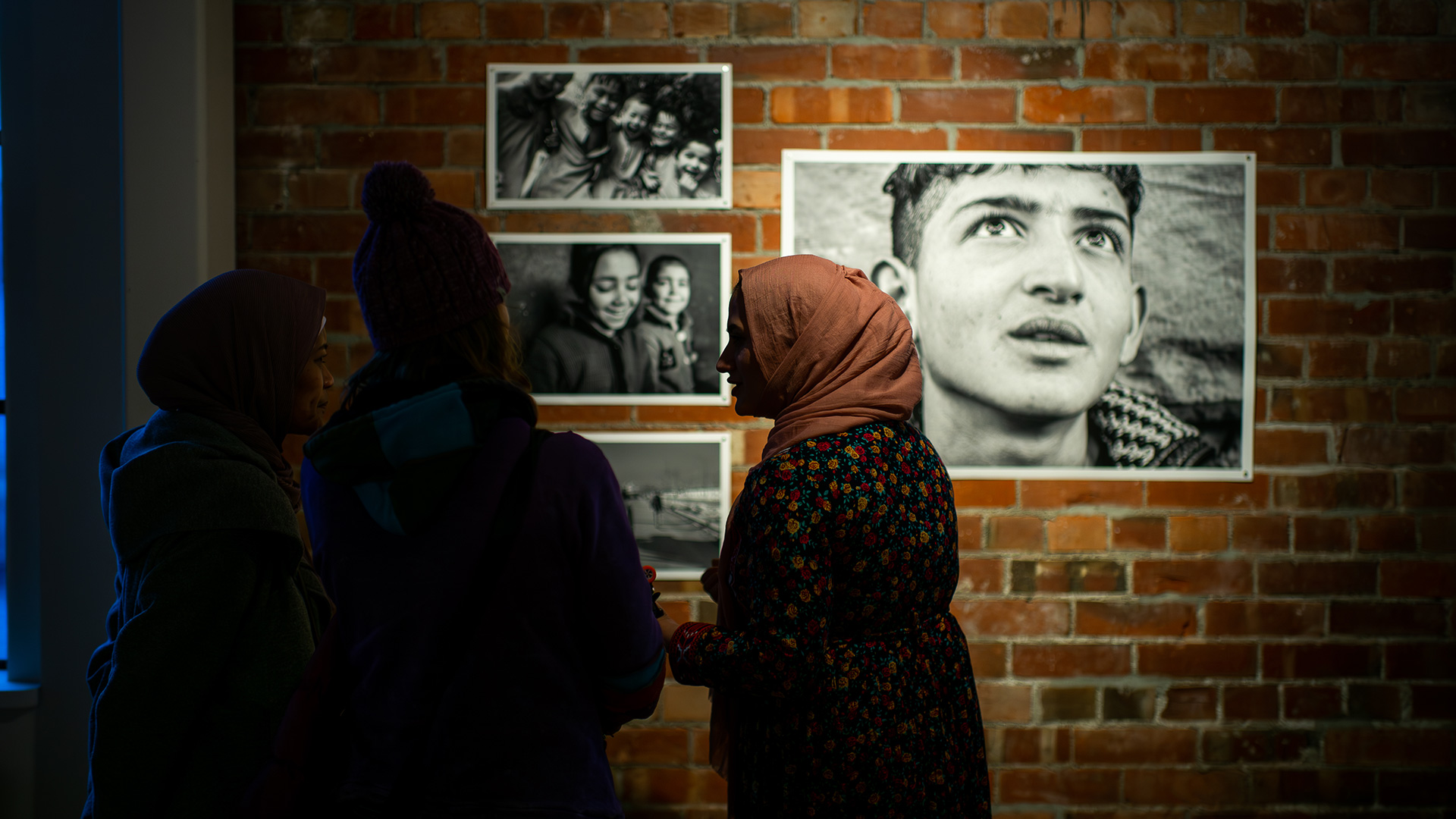
Bariz and Saba personally connected with all the 51 recipients and heard their stories and experiences. “Life-changing memories that will always stick with us,” Saba describes. But when it came to picking the ones to put on film, “we went by seeing who is more comfortable in front of the camera and who is more comfortable sharing their story to wider [audiences].”
They also considered stories that different generations of New Zealanders would connect to, as Bariz details: “For example, our main recipient was a mother of six children, and she was a widow. Very similar to what happened in March 15, her husband was killed in an explosion in a masjid (we didn’t know if it was a suicide attack or a bomb attack).
“There’s a disabled elderly man who Saba had met in 2017 and we caught up with him again in 2019. We actually found him in the same location that Saba had taken his photo.
“We [also] want to influence the younger generation through this film. [There’s] a young guy, his story is beautiful because he’s fresh out of school, had good grades, but couldn’t go into a university, because he needed to provide for his family.”
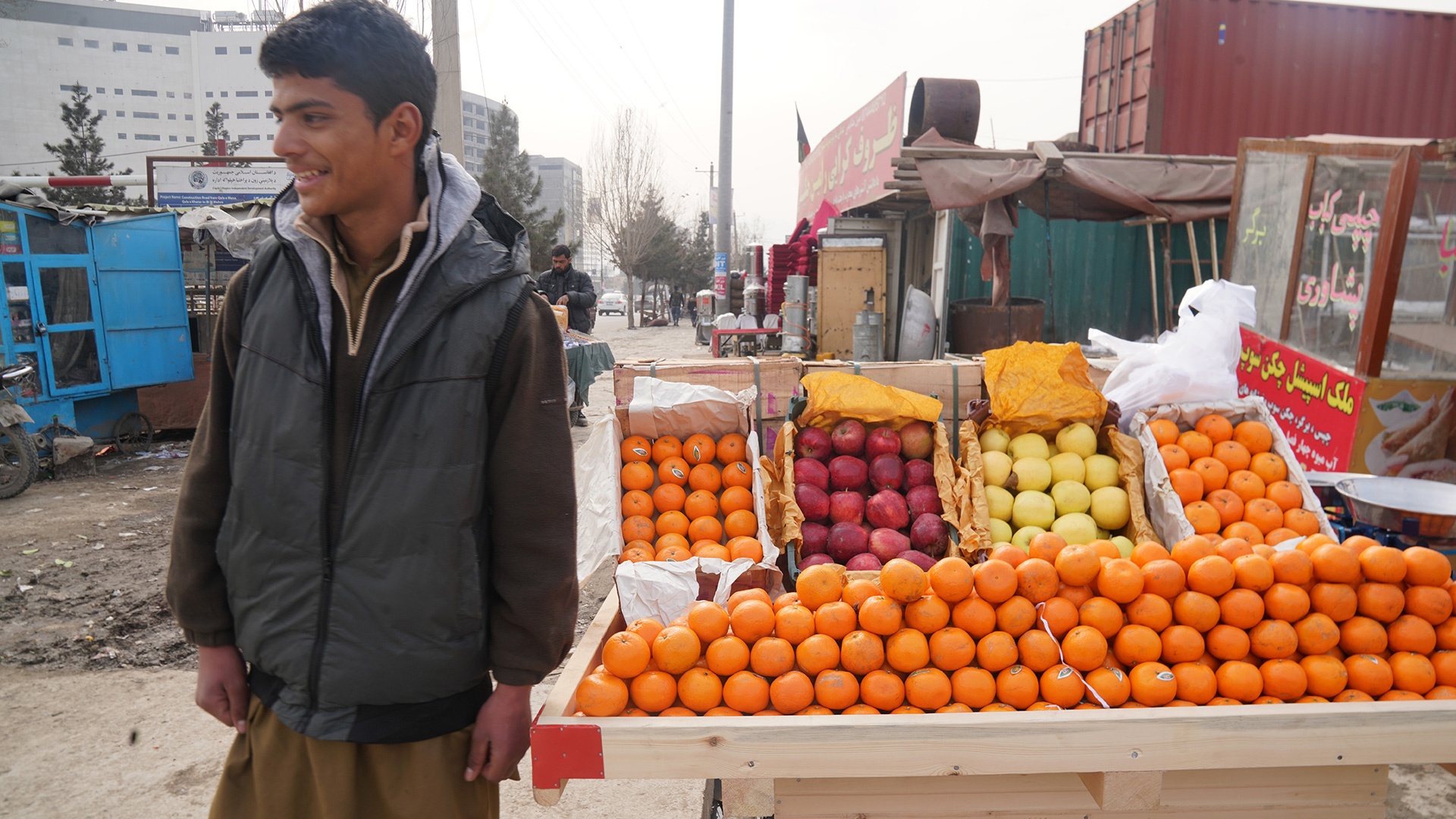
The youngest person Bariz and Saba supported was 11 years old – a decision that may raise eyebrows to those unaware of the realities many in Afghanistan face on a daily basis. As Bariz recalls: “Someone mentioned this quite a few times, ‘Oh, we’re supporting child labour.’ But in Afghanistan, they don’t have a choice. They have to go and work. They’re the only providers of their family. The New Zealand public may find this strange, it may feel like we’re supporting child labour, but it’s the reality, it’s the truth.”
For Bariz and Saba, one of the greatest challenge was balancing the filmmaking with the humanitarian work and the difficulties that came with it. “I couldn’t focus fully on my creative side,” Saba shares. “I wanted to be in my creative zone [but] I couldn’t. I just needed to do it fast and then move.”
“We’re also trying to have empathy and connect with the person,” Bariz adds. “It’s hard to do that when you’re like, ‘Oh, hold on—can I adjust your mic?’ You’re trying to make that human connection, but then you’re still trying to get the content. That was very challenging, for sure.”
And then, as Bariz relays, there were general safety concerns for himself, Saba, and the project. “I was constantly paranoid about potential attacks—like thieves that could rob our camera. Wasn’t so much worried about explosions and stuff. I was mostly worried about kidnapping, because that’s what I had heard about the most. As someone who had the responsibility of protecting… oh, [I was] super paranoid… It was challenging to really soak into the creative side and just let go.”
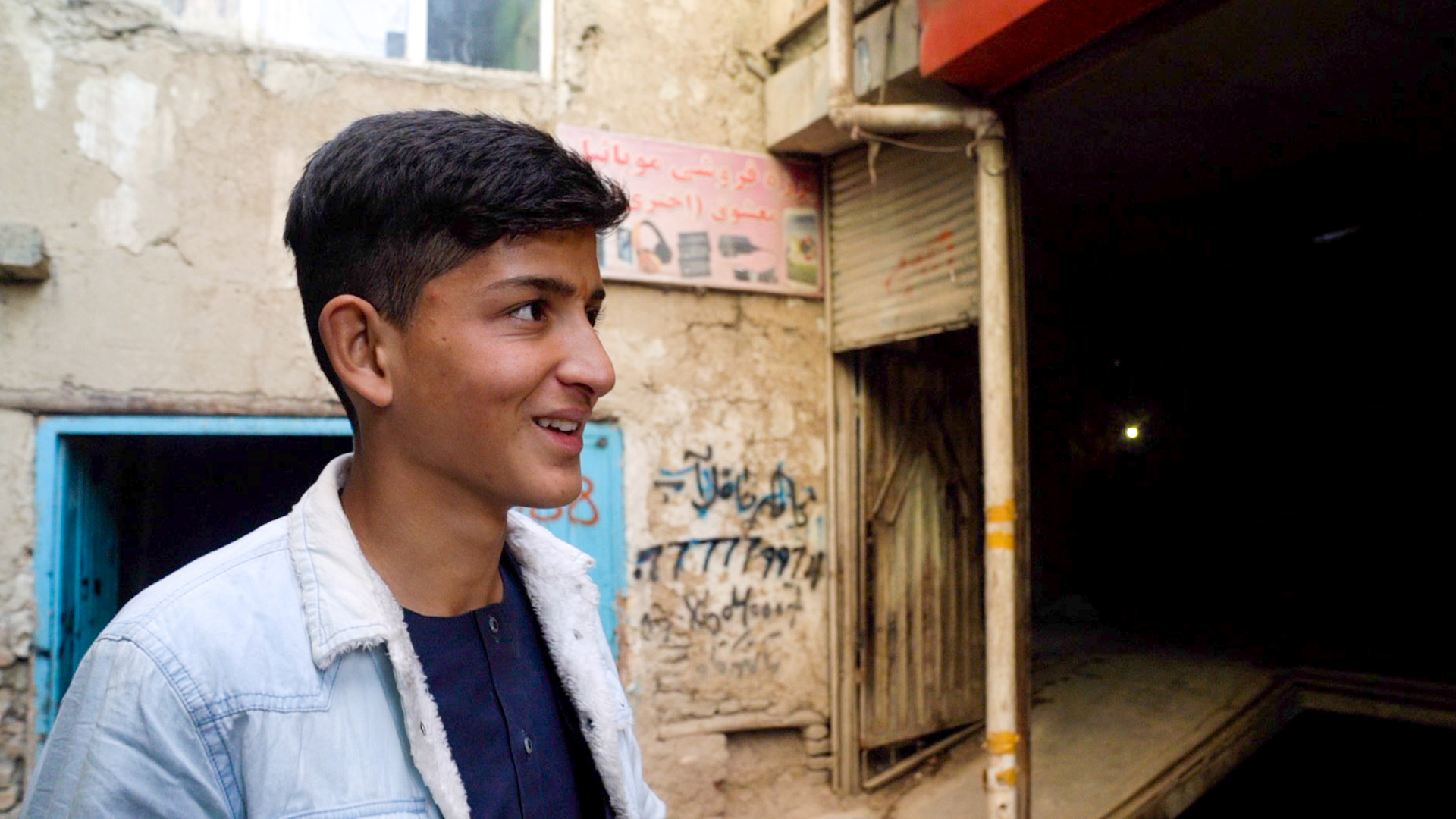
Things changed after the Taliban took over Afghanistan. While Saba hasn’t been since, she recalls the experiences of friends from Kabul: “they praise the Taliban government for the security specifically, because they are very extreme when it comes to security, their ruling is very extreme. So people are even afraid to do certain actions, because they know the consequence will be very harsh.”
Bariz continues: “When I went back in 2023 to catch up with some of the people there, I found the vibe very different. I had been told that it was really safe, so maybe I was psychologically primed. I travelled parts of Afghanistan that my parents haven’t even been to. I was able to travel at night, three o’clock in the morning, and public transport through tribal areas and the countryside, and I felt super safe.
“When I was coming back, they took my drone from the airport, and they were super respectful about it, which was very strange to me. I thought they were gonna lock me up.
“And the thing is, right, I went to try and bribe the person there at the office, indirectly. I tried to bribe them, because that’s what the previous government did. You give them a bit of money and then they’ll sign off your documents. And I was like, ‘Okay, maybe this time I could do the same thing.’ And to my surprise, they said, ‘No, it’s not going to happen. You have to go through the legal process.’ I was like, ‘Wow, alright.’
“I was actually quite happy when I saw that, to be honest. I was like, this is a this is a plus for Afghanistan.”


